Hulmeloonies: the life of a close-knit community in South Manchester
Anni Kay, Hulmeloonies, is a British photographer. She lives in Hulme, south Manchester, where for years she has been documenting the life of that neighbourhood community, “extremely united, supportive, and fool.”

This interview is also available in Italian
Atlas is a space dedicated to contemporary photography. We showcase new projects – in progress, in the process of publication or just released – through a selection of images and contributions from the authors, with a focus on independent publishing and self-productions.

Anni Kay, Hulmeloonies, is a British photographer. She lives in Hulme, south Manchester, where for years she has been documenting the life of that neighbourhood community, “extremely united, supportive, and fool”
Hi Anni, tell us about you
My name’s Anni Kay, I’m 24 and I like to take photos. If I wasn’t taking photos I’d be roller skating but I’m currently recovering from a broken leg and ankle (I’ll let you guess how that happened). I’m from Manchester/Salford and I live in this amazing area in Manchester called Hulme, which is the place that developed me into who I am today. I’ve lived here most of my life but fully immersed myself in the Hulme lifestyle when my Dad passed in 2013, as I moved into the flat we once shared on the redbricks. I was a bit lost when he died and I think that’s what cemented my full love for Hulme, because it felt like I had an extended family. I always feel like my true self when I’m in Hulme, with no fear of judgement, and moving here on my own is what made me who I am today. During the six/seven years since my dad passed, Hulme has taught and shown me a lot more than I think it could have if I’d discovered it any other way.
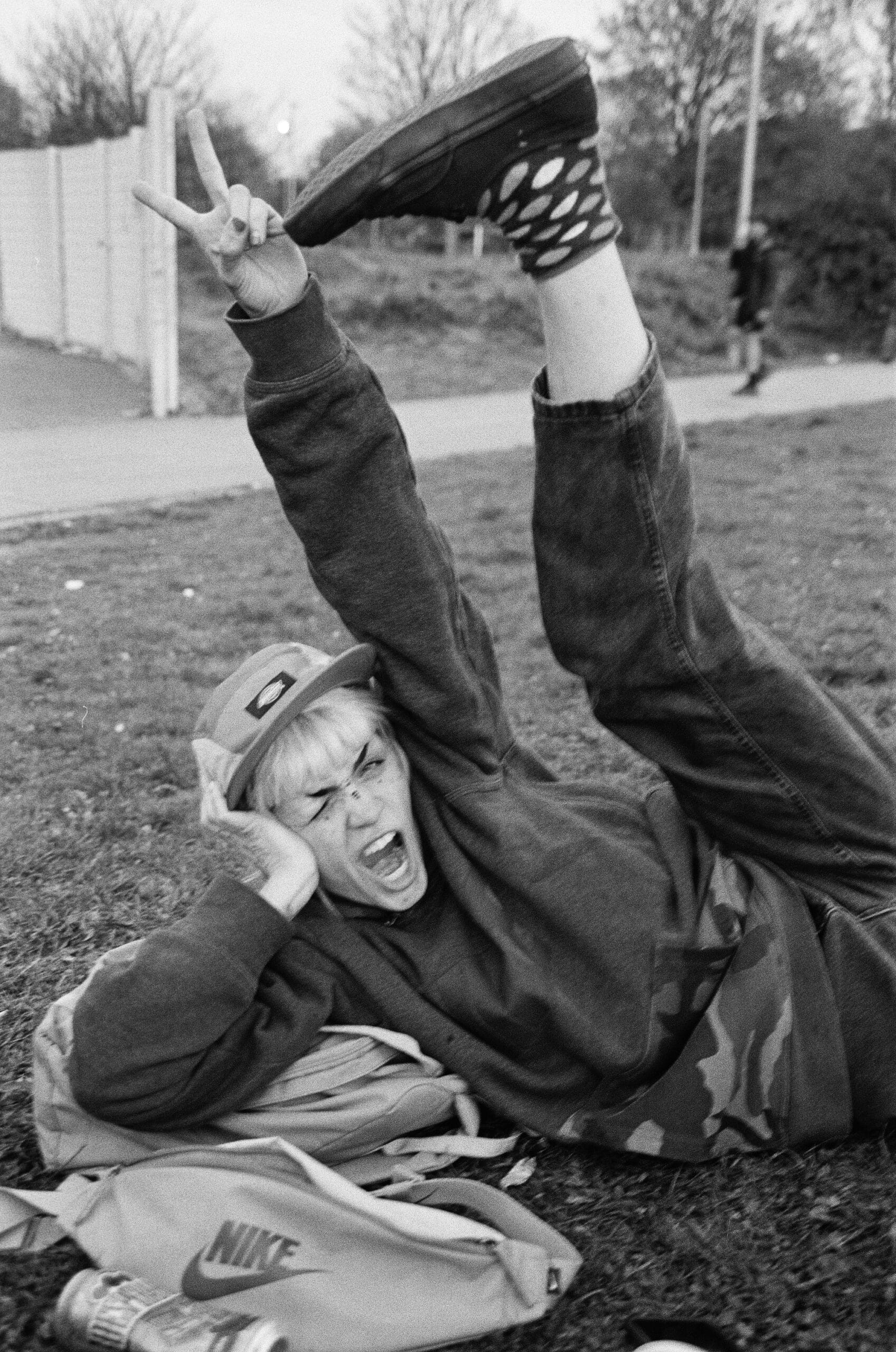
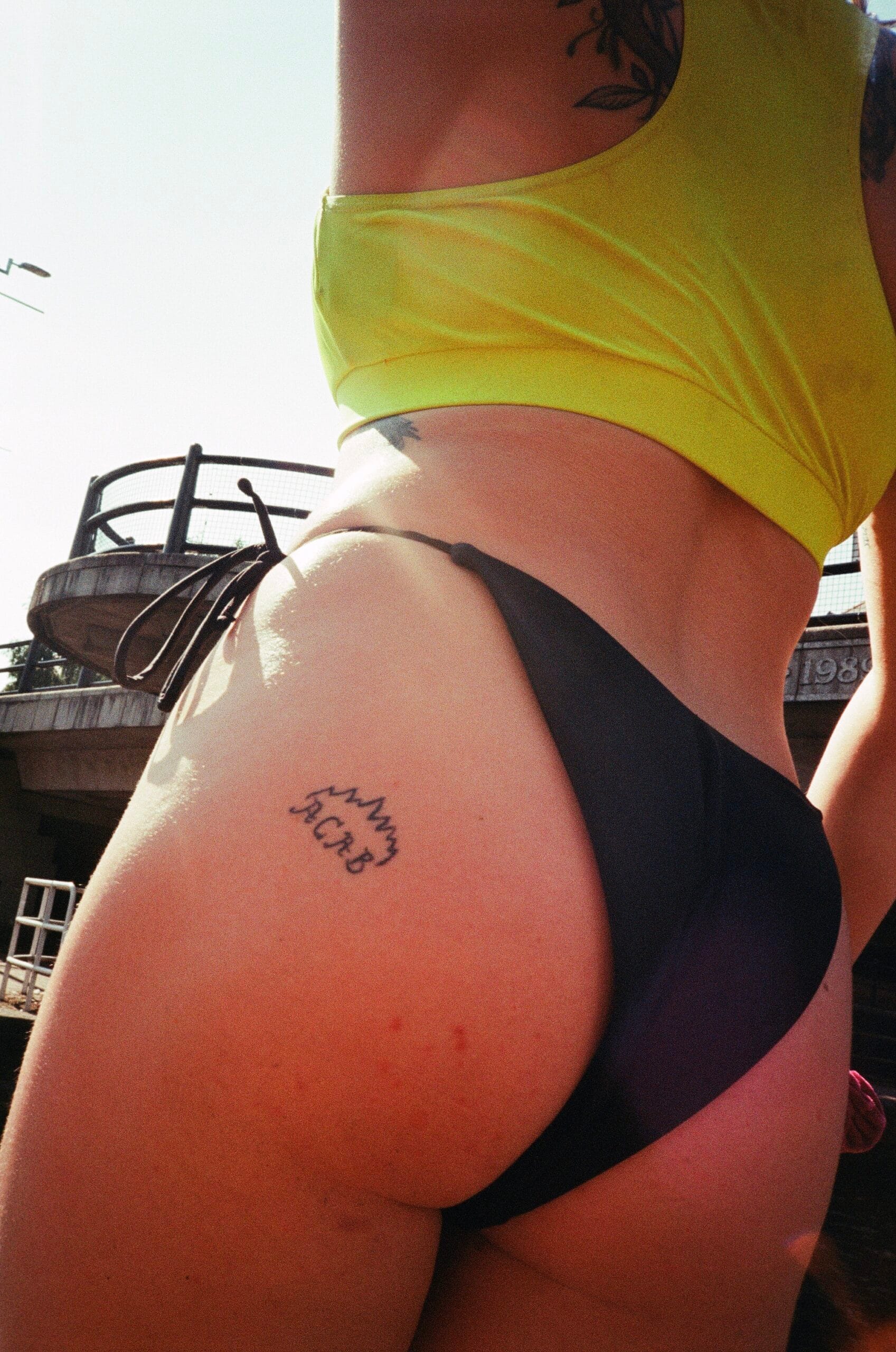
When and why did you start photography?
I remember I’ve always had some kind of camera on me, and always been known for constantly snapping people (even when they really can’t be arsed with me taking pictures around them). There are plenty of people in my life who’d say that I’m annoying with how much I’m always lingering around with camera in hand taking…not the most flattering photos at points, but they’re always looking for themselves in them later. The main thing I remember was doing GCSE photography and feeling suffocate by all the rules and themes I was given and made to follow. I just wanted to take photos of real people doing real things in real life time. I don’t know exactly what it was, but after that I remember not feeling the love for it that I used to have. Honestly, my love fully came back when I moved into Hulme. I now mainly work with 35mm, but when I first got a camera back out, I had this digital camera I got given from my Grandad, it was a pretty good camera compared to what I’d normally have and I was so happy I took it everywhere with me. I was a big drinker at that point and I think a lot of the photos I was taking, especially with a digital camera, was to remember what I’d actually done the night before. There are thousands of photos from then, all pretty much one big blur and a lot of nonsense photos I don’t even remember taking, but some hilarious photos of me and my mates in some states! The jump from digital to 35mm was partly a trick on myself to try and help cut down drinking (the idea was: if I spent my money on film, I’d have no money to drink). Instead of cutting down drinking though I drank the same/probably more but also spent every single penny on film and getting them developed…. not going to lie, wasn’t really the best idea financially, but it caused me to find my passion for 35mm and analogue photography. I just love everything about it: loading the camera and the way the photos look – also the limit on how many you can take makes you think more deeply about each shot and then there’s this process to go and get them developed and see them in person after doing all that. It makes each time you finish a roll more exciting than the next.
Personally I see my growth in photography these past years as a growth in myself, from the little girl just playing about in school and not taking a fancy for photography, til’ years later when I had all the freedom and people around me but felt truly alone, through the hard times when I was able to document these amazing people around me and my life as it was happening and through meeting the amazing people around me that I’m lucky to call friends. Every time I look back, even though I was having such a bad time mentally, I really only remember my beautiful friends and all the happy moments we all shared, and that’s all I’ve ever really wanted from my photos.
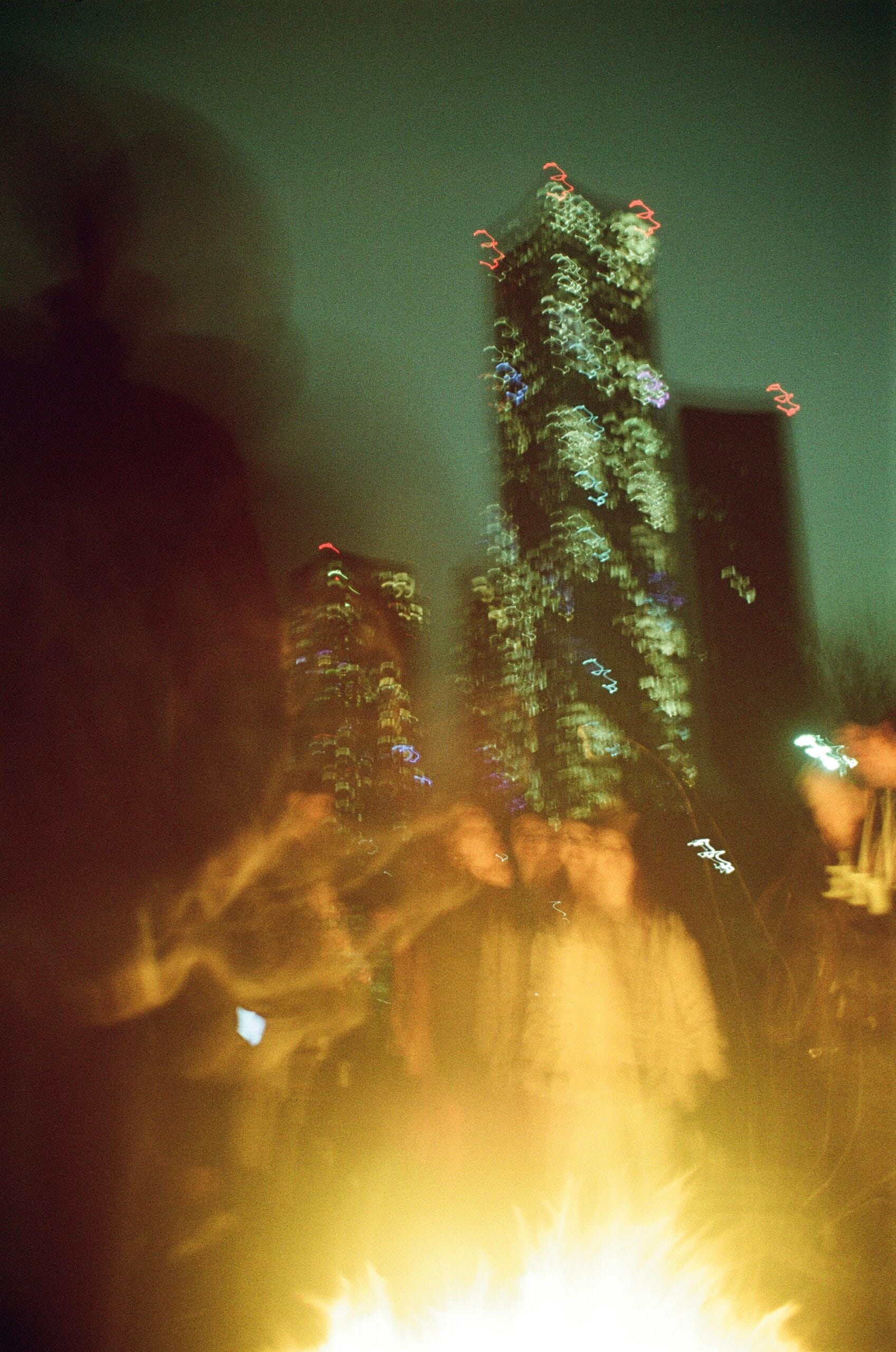
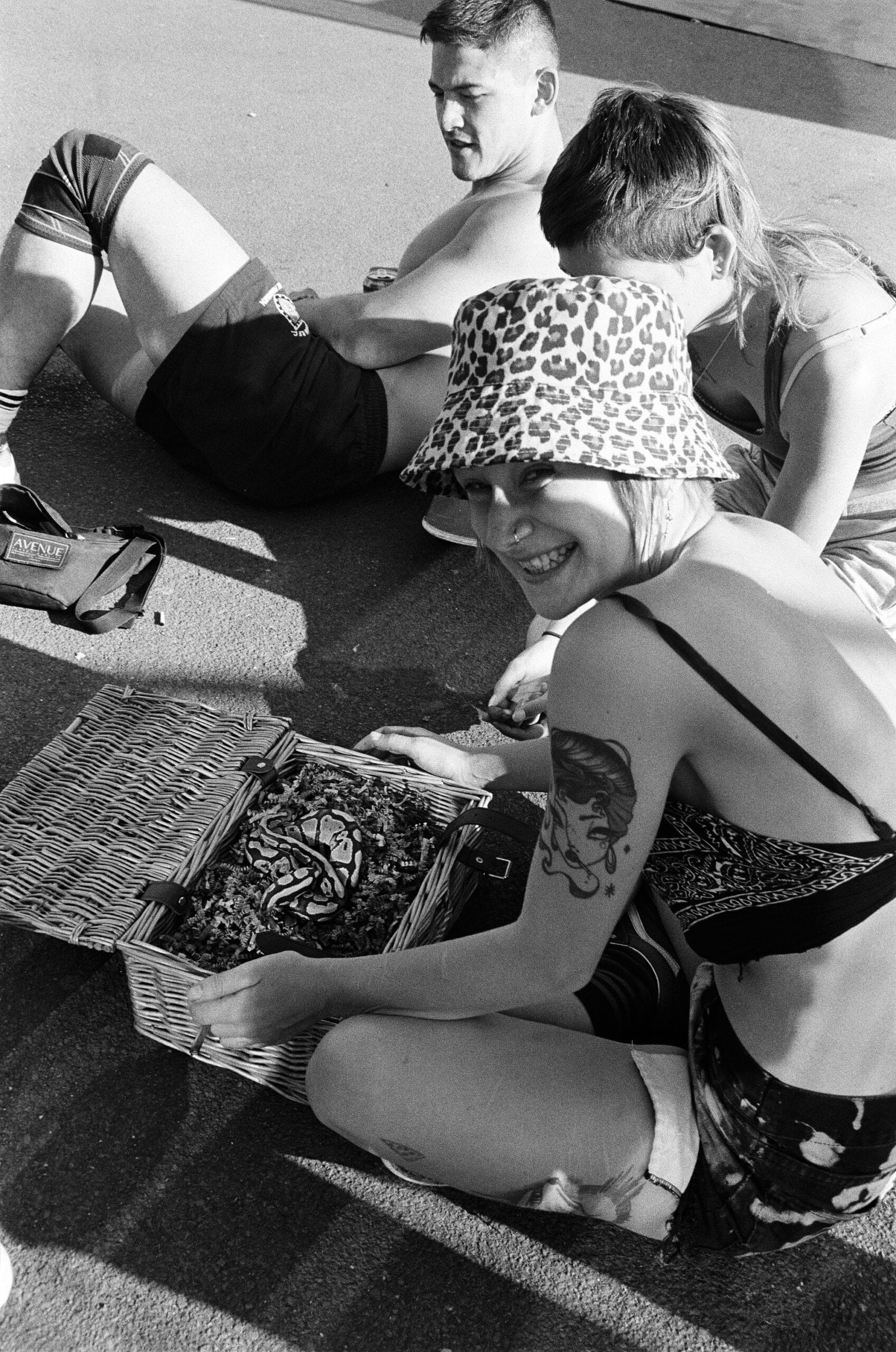
What does photography mean to you today?
As I was saying, photography for me has always really been about capturing those moments. It’s crazy to think that when something happens, that’s it, it’s done. Just a distant memory. With photos that’s not the case, you capture something that happens and you’ve got it. It always means so much when I’ve captured moments with my friends and they see the photos later on and they are sometimes reminded of things they don’t even remember. Photos can bring back memories and I find that so beautiful: they can just trigger something in your brain to recall things that might have been lost to you if you hadn’t seen them again in a photo. I also think for me it’s been important to capture what it’s like to live in Hulme as well. Hulme has such a rich history of togetherness, community, art and music and so many other amazing things. It’s just a place that is so out of the ordinary, and I feel privileged I’ve been lucky enough to capture some of this madness.
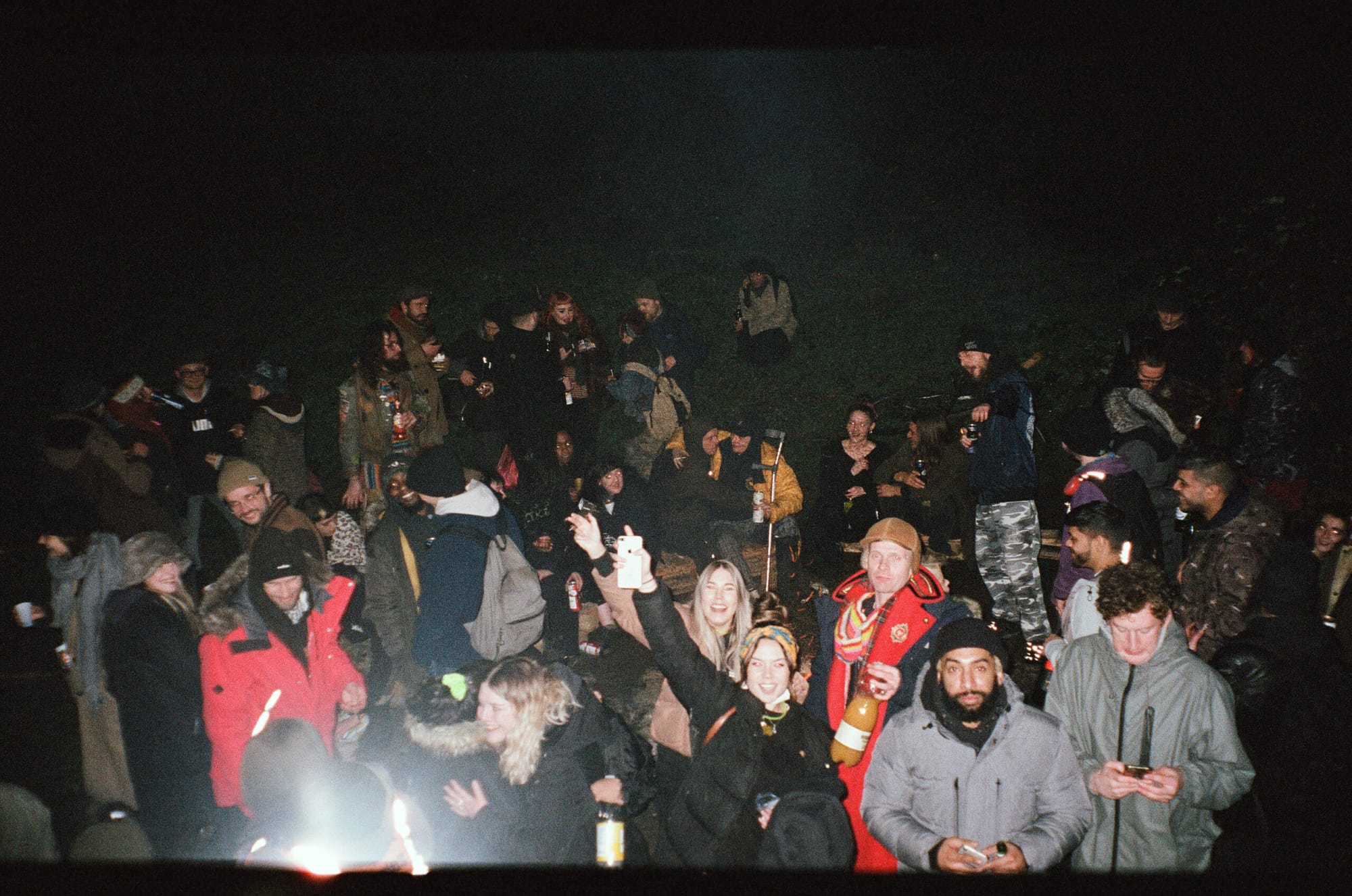
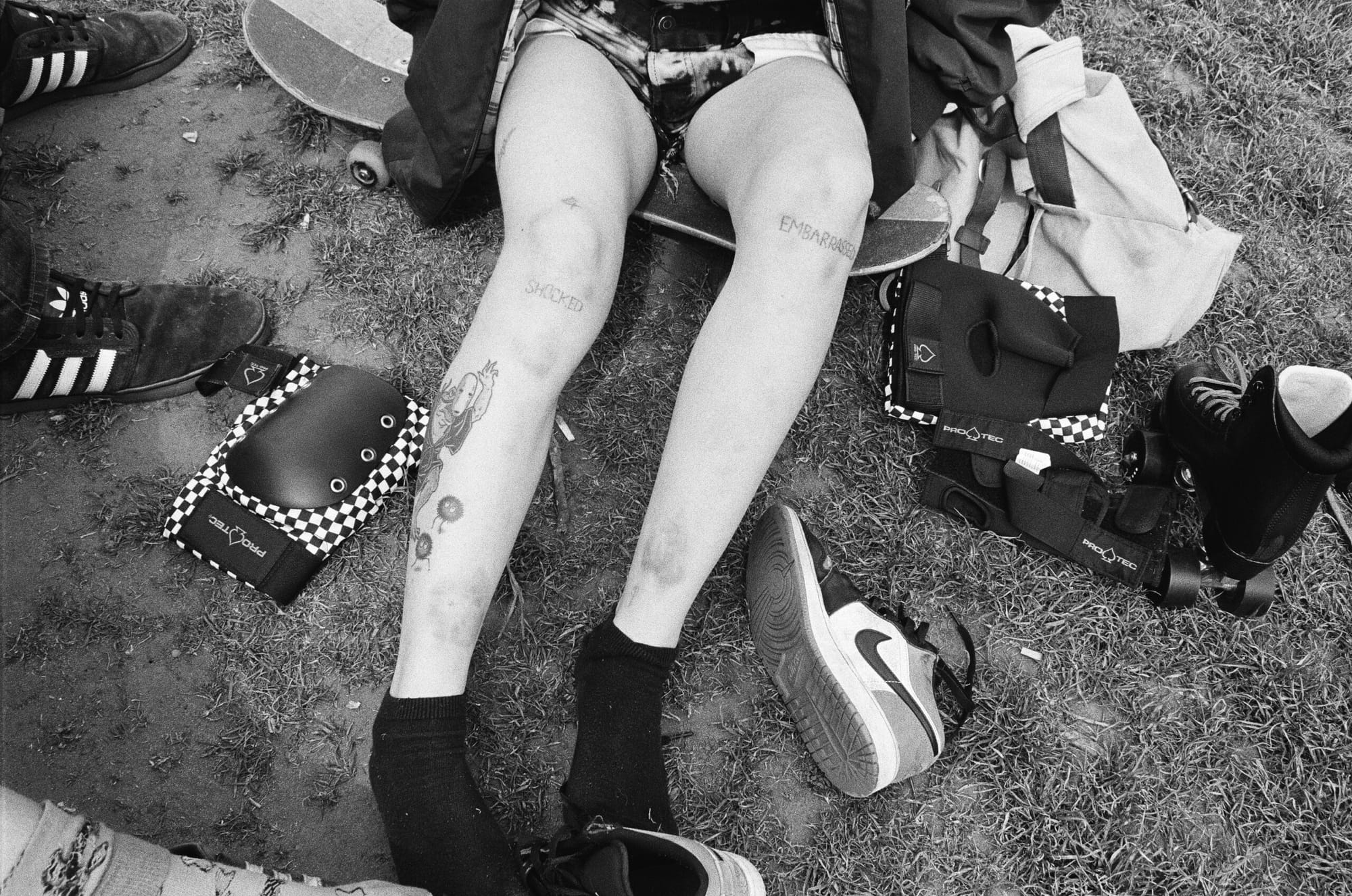
There is a very evident recurring theme in your photos: a certain type of community, the group, friendship, parties, being together. What do you want to talk about? Is this an ongoing project and if so, for how long?
The main theme I focus on is Hulme. The thing about this area is it’s not just the place, it’s the people and the energy that you get from being here. It’s one big community and I’ll tell you now we definitely love a good party. There’s such a drive to help the community. I have friends going round supermarkets to collect surplus food for all who may need it in the area, we have pay as you feel meals, fund raisers to help save buildings that are part of history in Hulme and working towards keeping this a creative and beautiful place to live and be a part of. My photos of Hulme never really started as any set project. I got my name from a drawing my dad did years ago and I thought it just fit perfectly. “We are the Hulmeloonies”, I don’t think this will ever stop. I want to document Hulme for as long as I can and as long as I’m here that’s what I’ll be doing. Even if I leave, I hope my future self would always come back and visit, not that I’m planning on leaving any time soon.
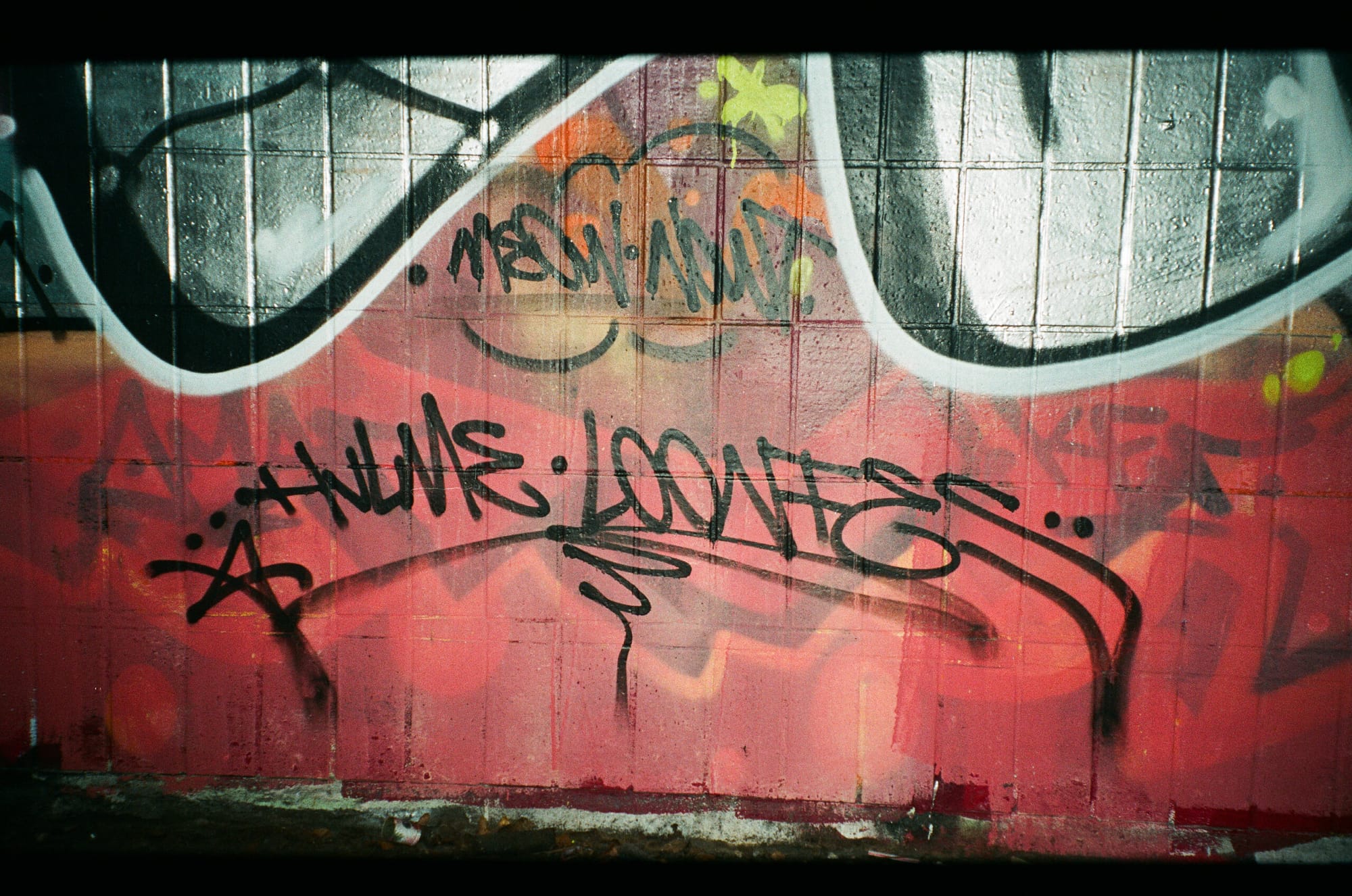
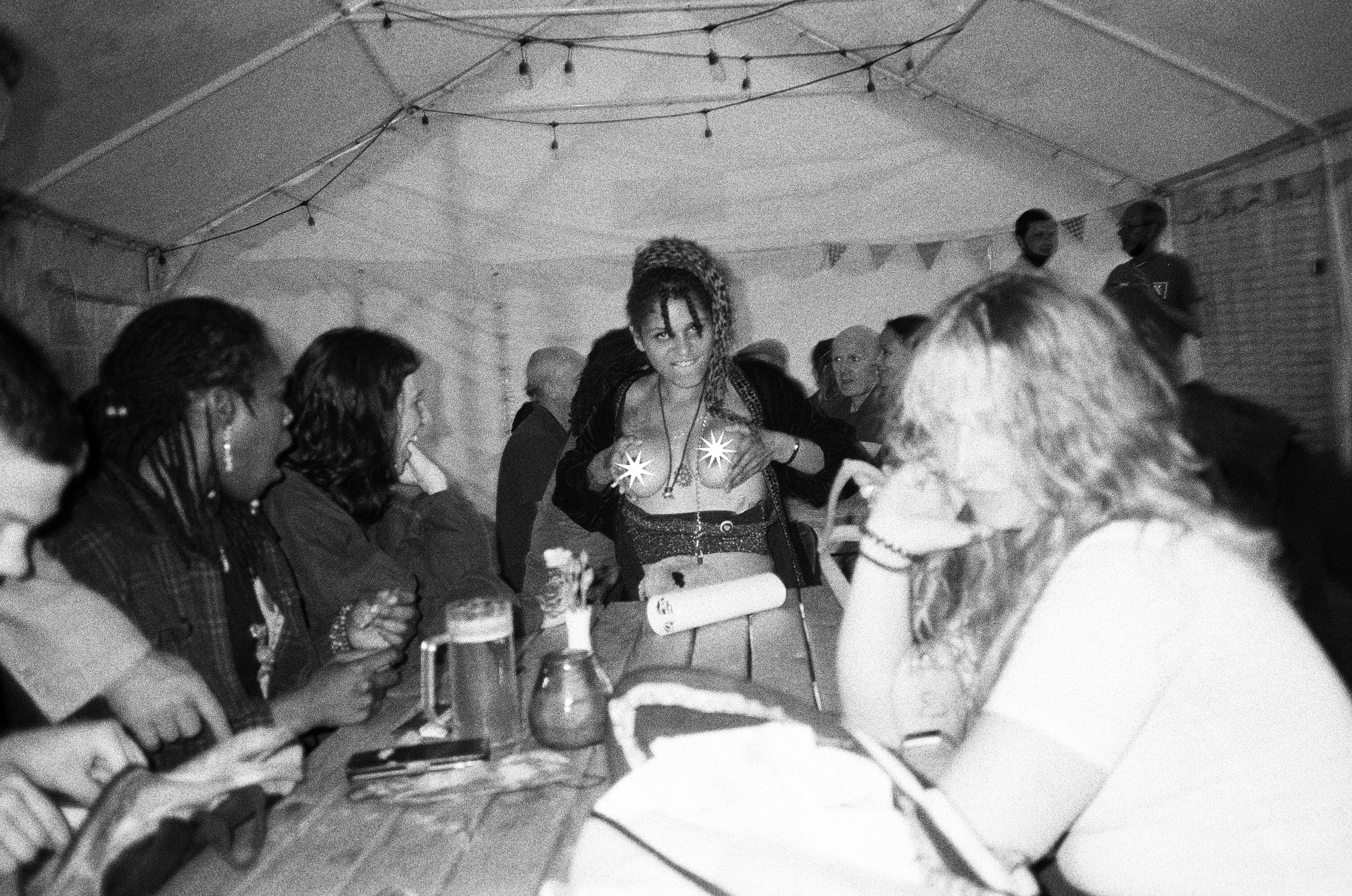
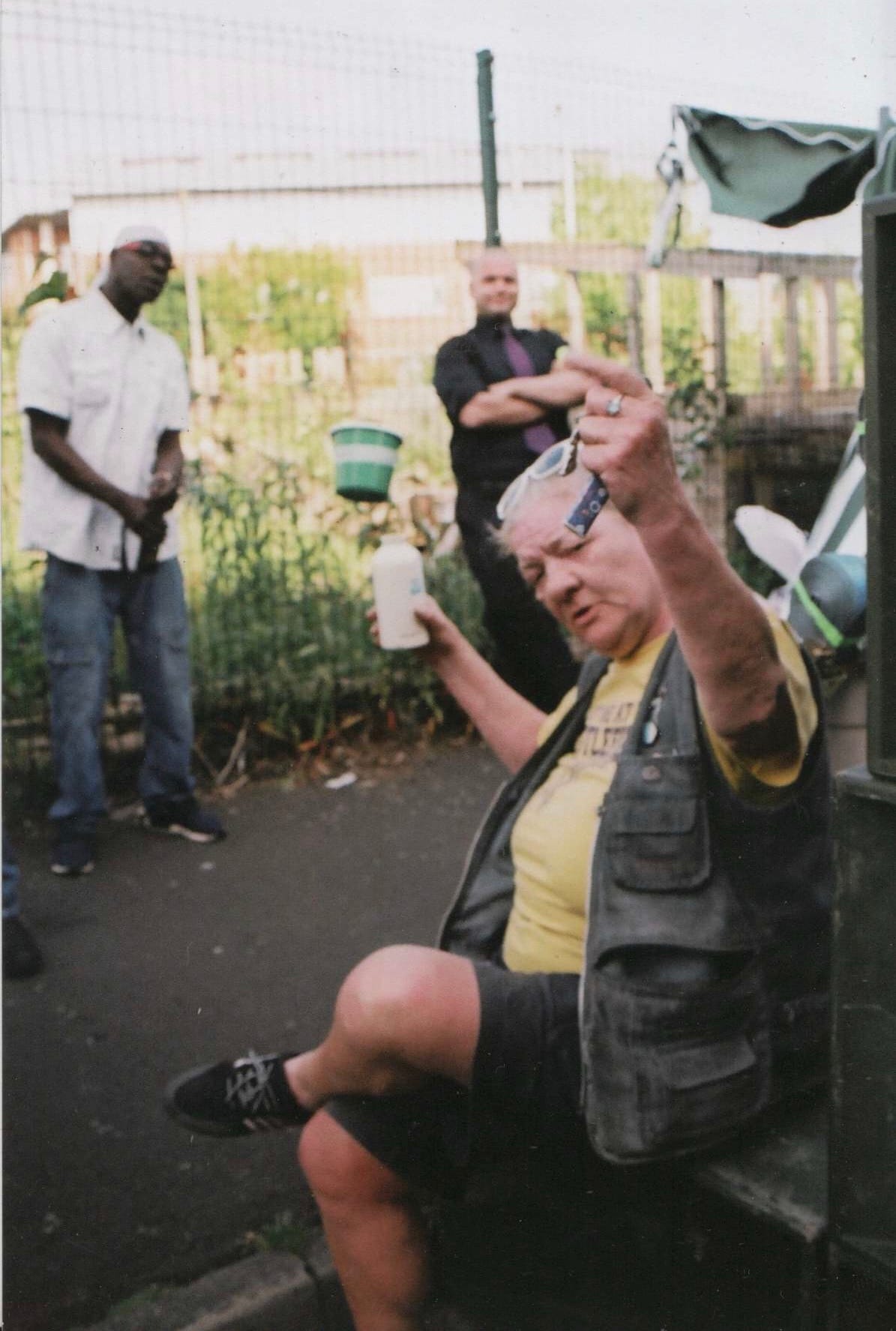
What does living in England mean today for the younger generations? What are your difficulties and hopes for the future?
There is just so much uncertainty in the country right now I don’t even know. I’m scared for everyone, young and old, to be honest. We’re living in Tory England, we’ve left the EU, losing the right to protest our human rights and lost even more of what little trust we had in the police as they are killing women in the streets. If people on the lowest incomes keep losing benefits while our taxes keep going up, if our energy bills keep going up with them, there’s a point we have to recognise that this government isn’t invested in our welfare. With hardships like this, though, it brings people together, and that’s what I like to envision. I feel like it’s happening as we speak. It’s what pulled together previous generations and when we’re all pushed enough: people will come together again to make sure we are seen and heard, like we should be.
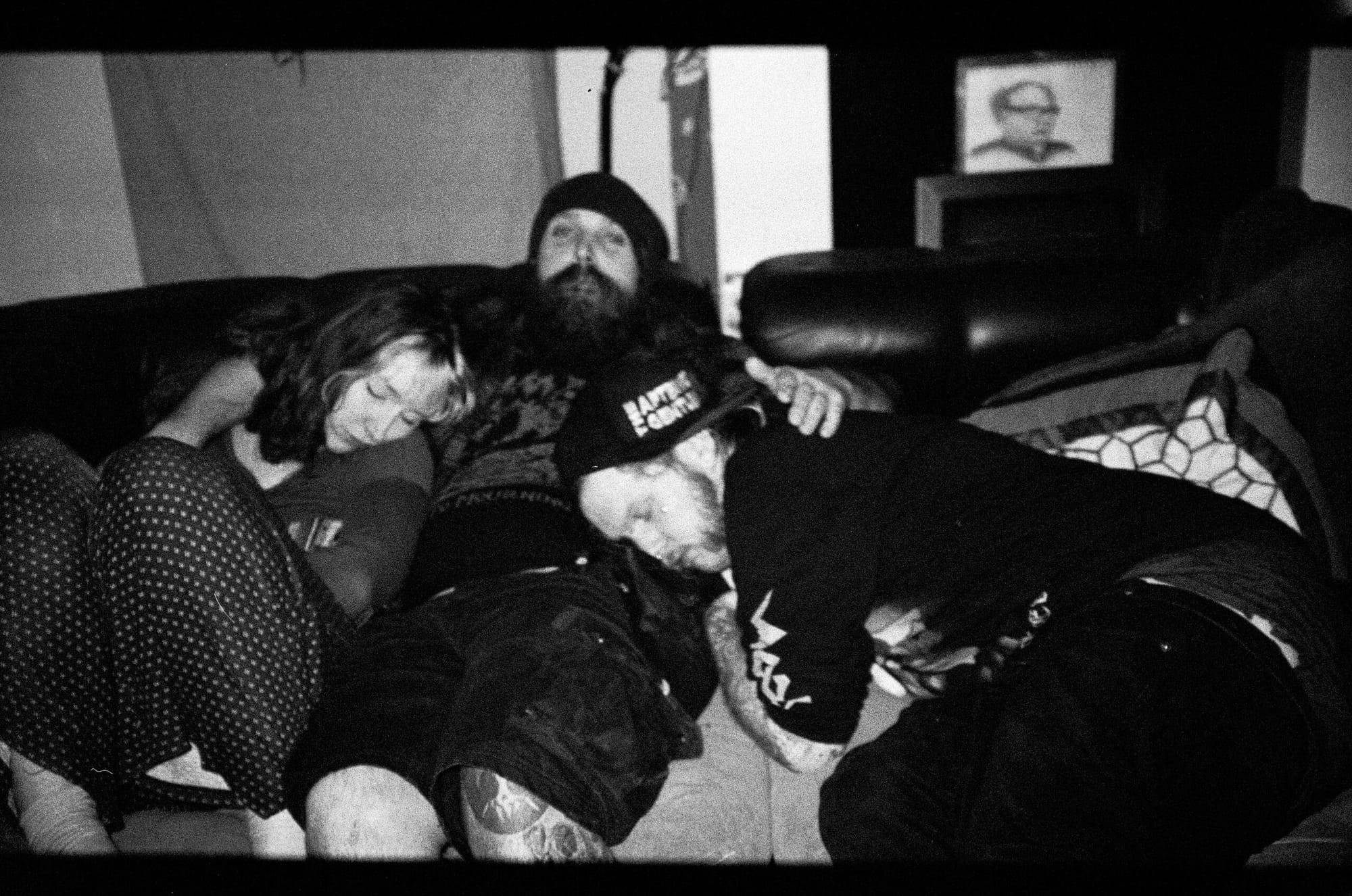
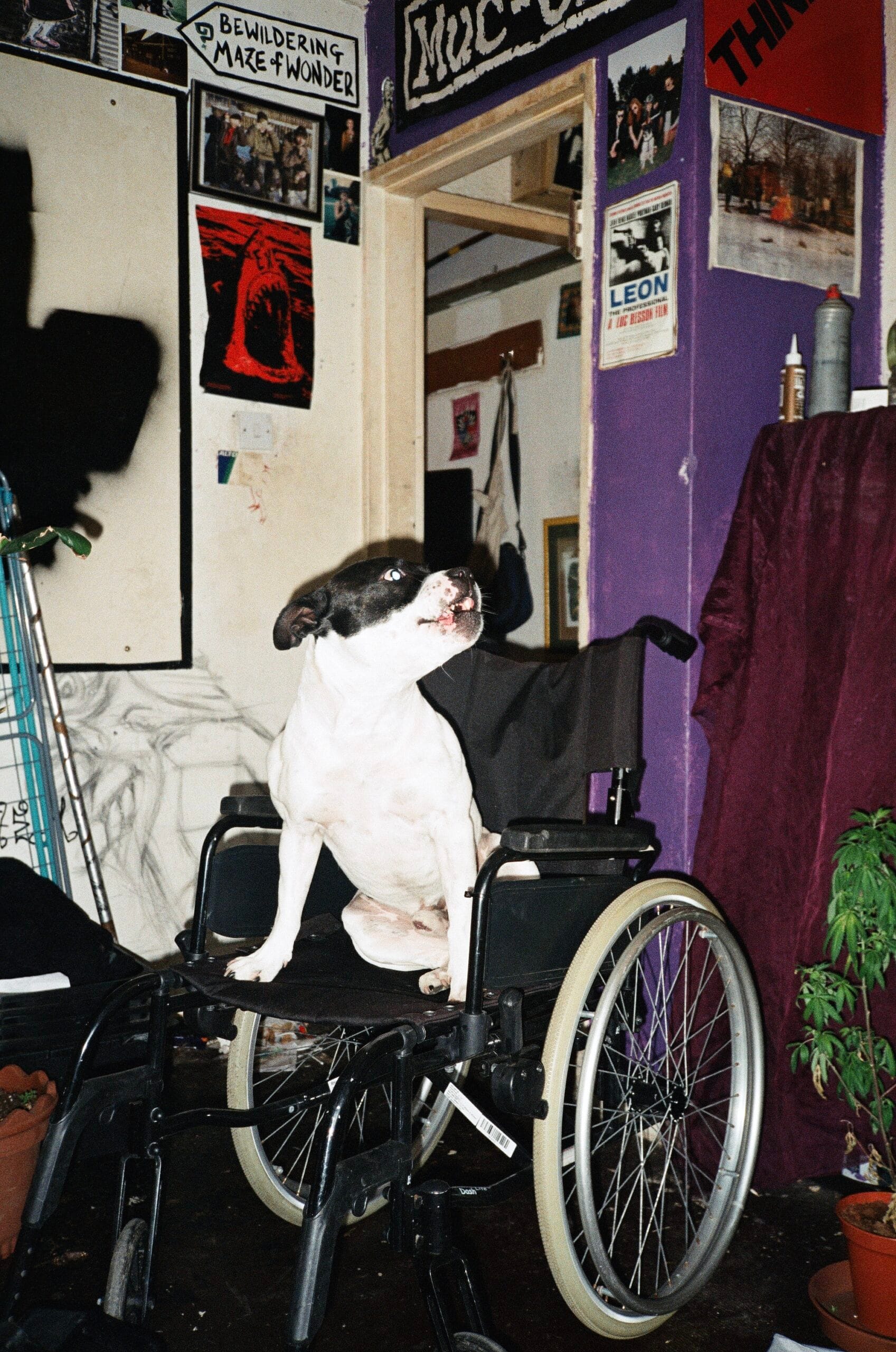
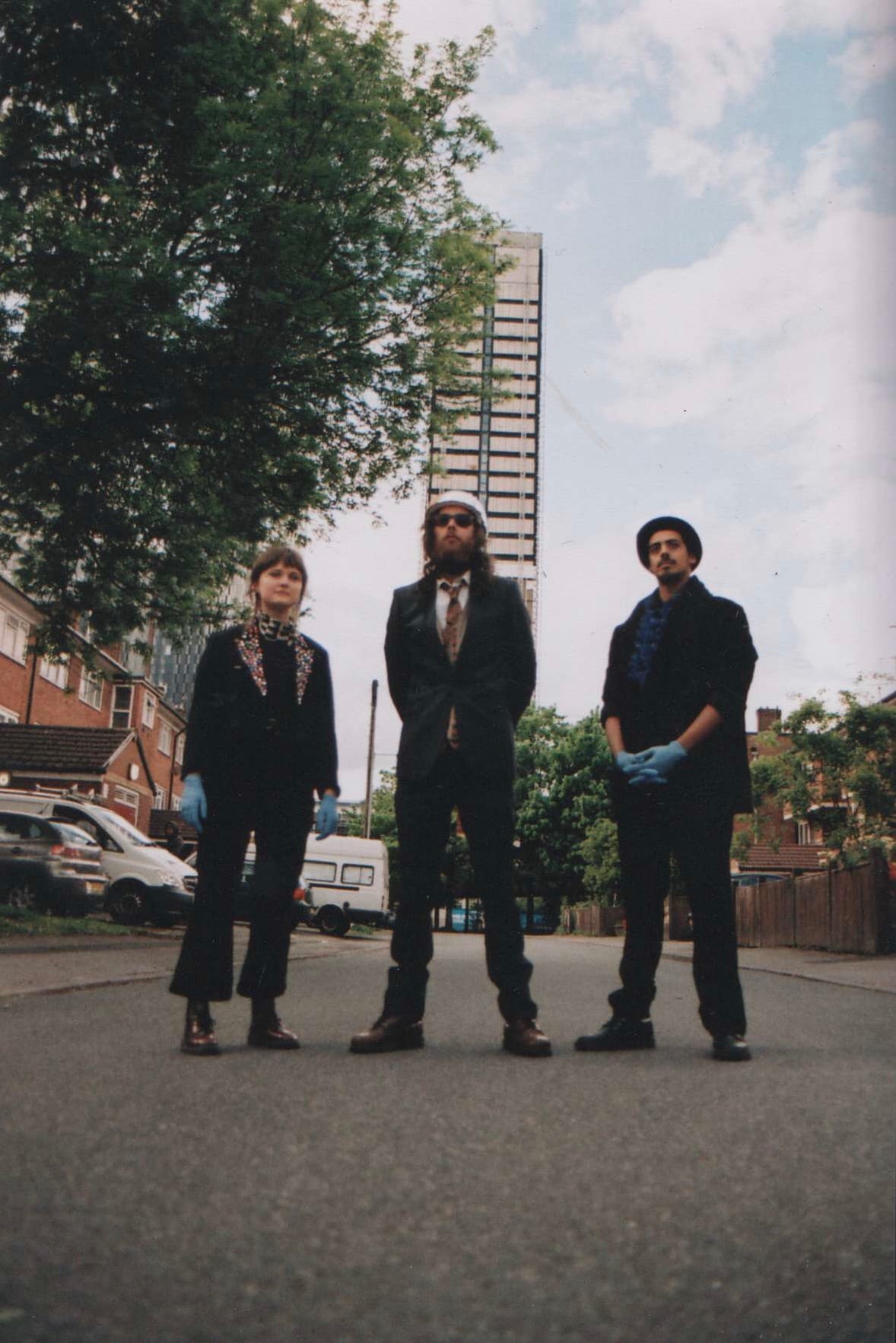
As for your future?
I’m not too sure of my plans at the moment, I’m hoping to try and make my own zine or book on all the Hulmeloonies eventually. I’m in the process of making a zine with a close friend at the moment so we’ll see how that goes. I’ve got a few ideas of some shoots I’ve been wanting to try, and I actually started university this year doing photography, so hopefully I’ll have some time and resources to try them out. One thing I do know is that I’ll definitely be around Hulme somewhere with a camera in my hand snapping photos of something.
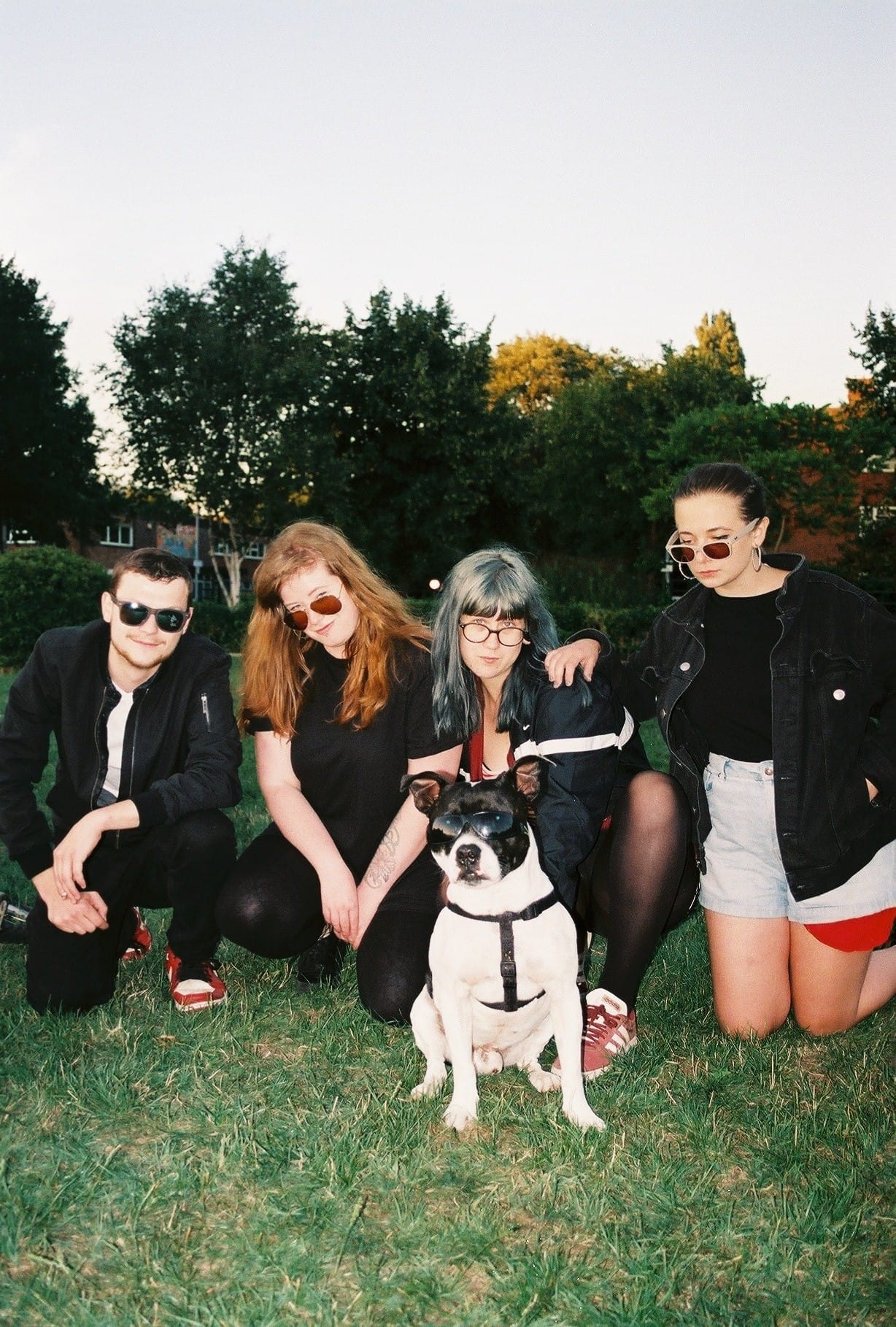
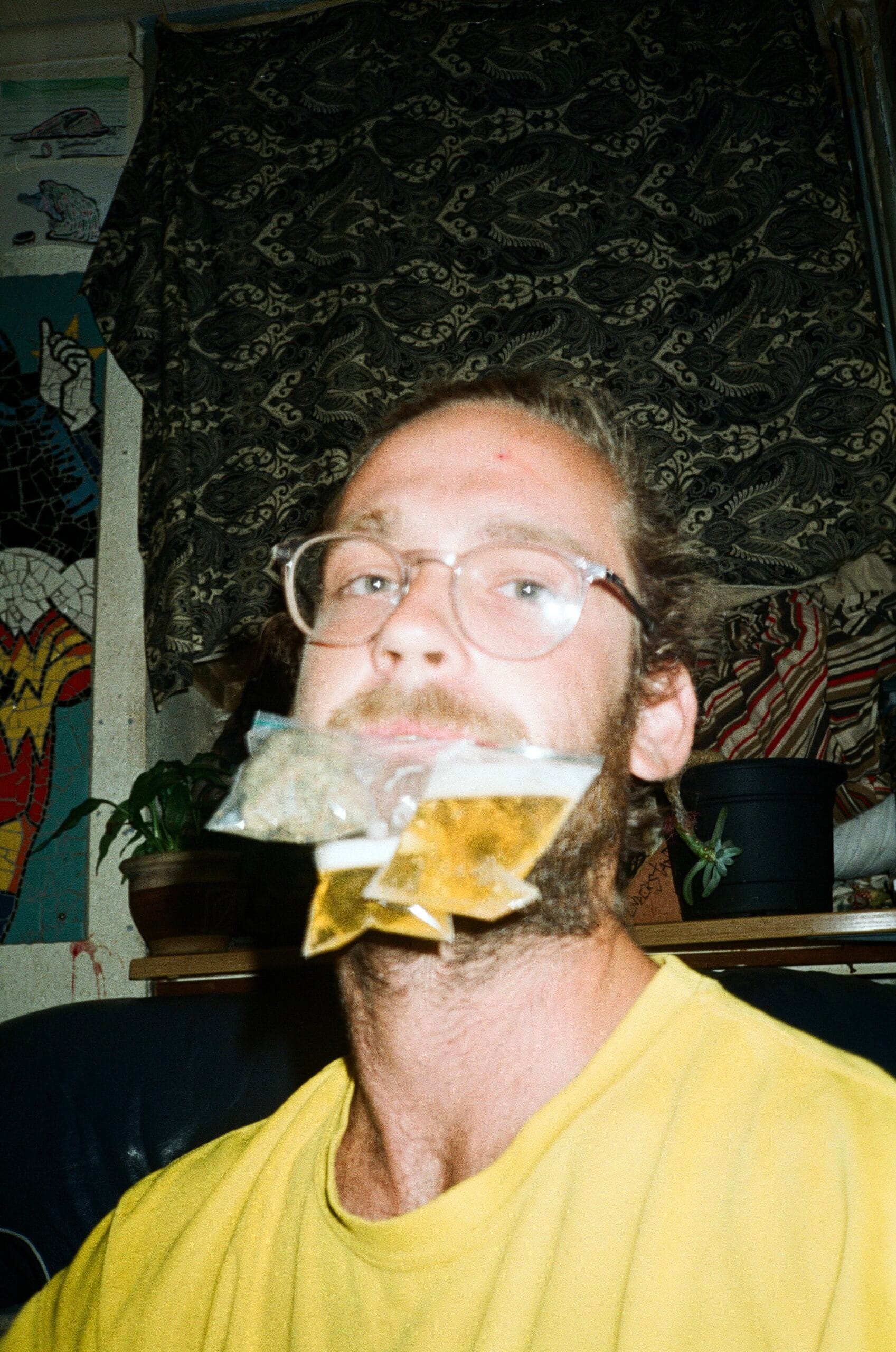
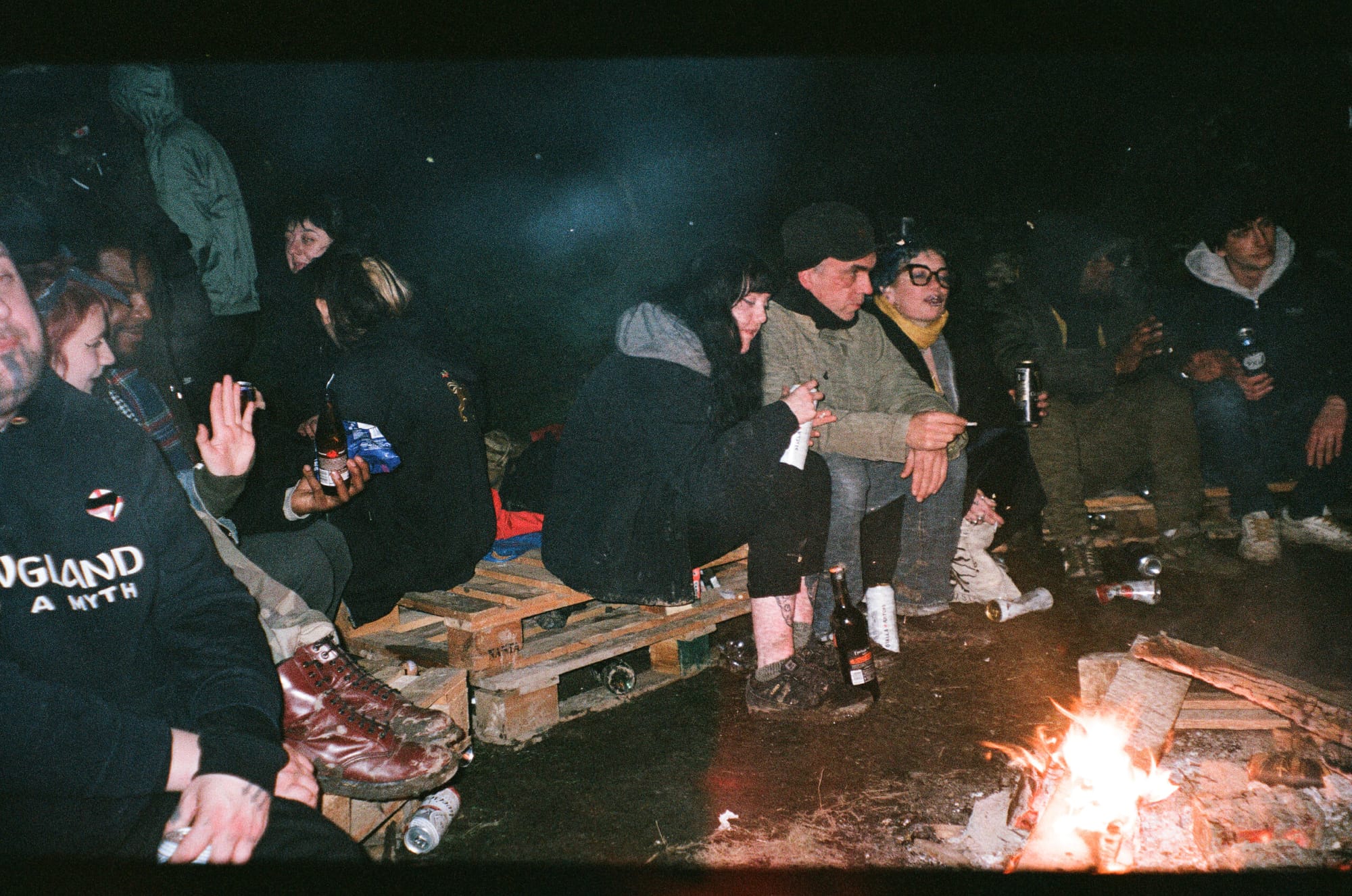
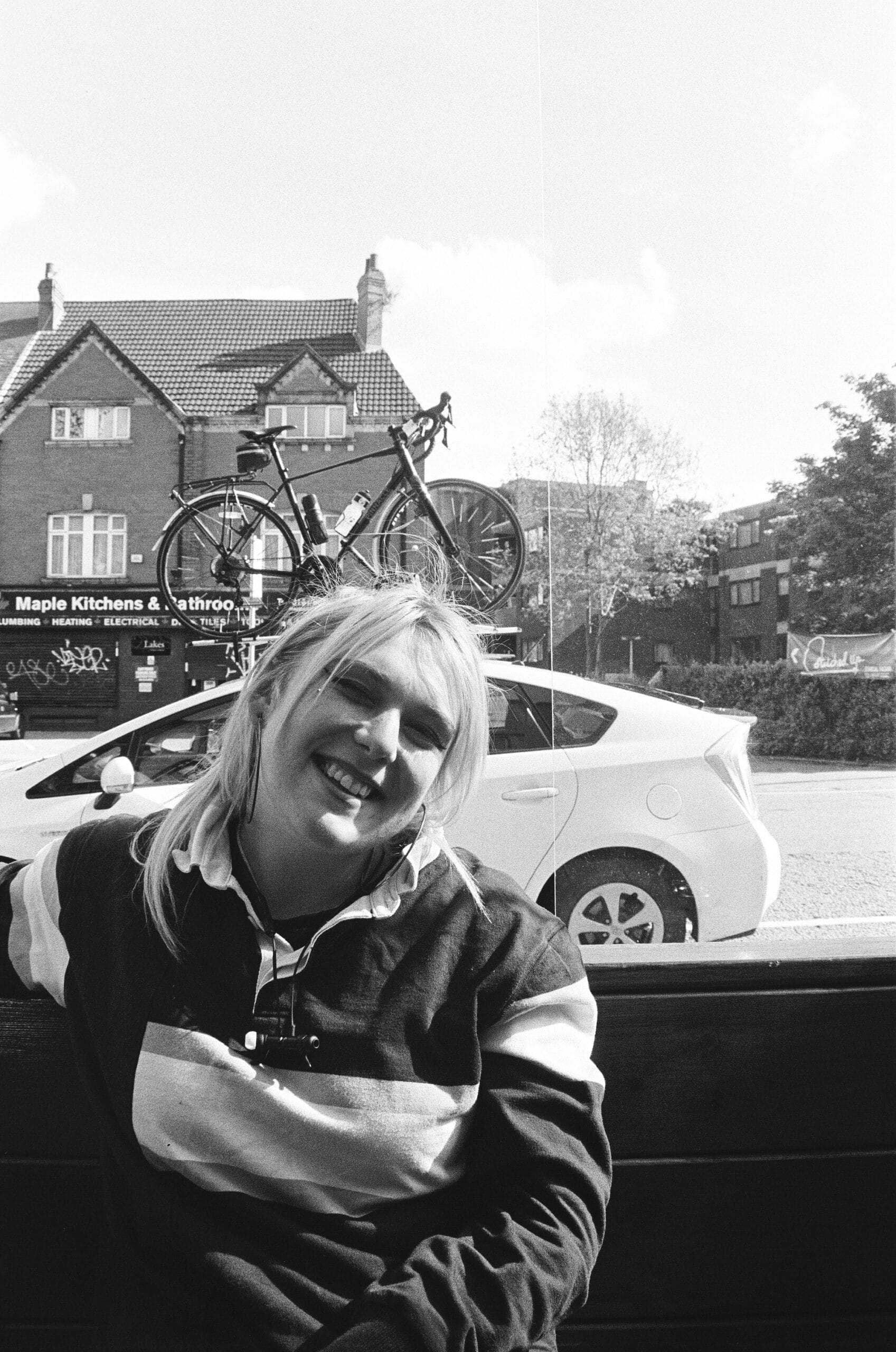
Anni Kay, Hulmeloonies, is a British photographer. She lives in Hulme, south Manchester, where for years she has been documenting the life of that neighbourhood community, “extremely united, supportive, and fool.”




